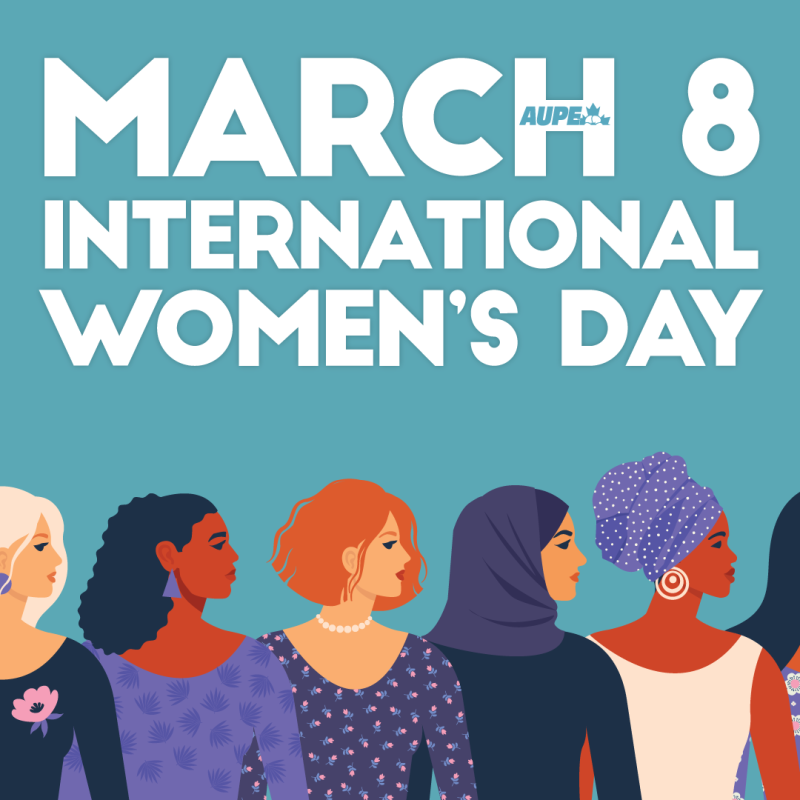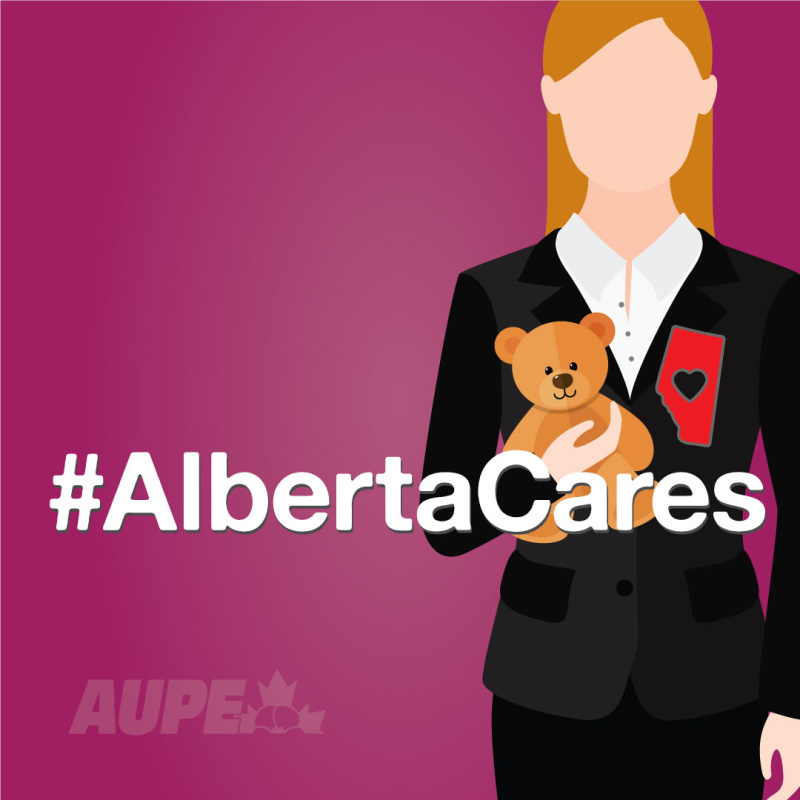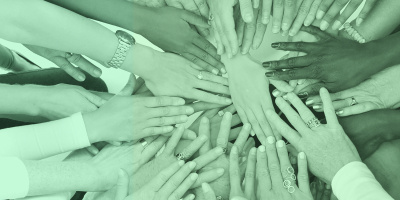By Alexander Delorme, Communications Staff
"International Women’s Day is not just a celebration, or something you can put on a greeting card,” says Sandra Azocar, AUPE Vice-President and Chair of the union’s Women’s Committee. “It’s about organizing for equality, and not just for women today, but for future generations.”
International Women’s Day is a rallying cry for activists. Every year, for over a century, it reminds us that freedom for women is a sign of freedom for all.
The women’s rights movement has won countless victories and changed millions of Canadians’ lives. These fights were not just for women, but the entire working class: from women in Manitoba winning the right to vote in 1916, to the Fleck Strike in 1978—which compelled the Ontario government to enforce the Rand formula on employers—to Jean Augustine, the first African Canadian woman to be elected to the House of Commons in 1993.
"International Women’s Day is not just a celebration, or something you can put on a greeting card. It’s about organizing for equality, and not just for women today, but for future generations.”
But the class struggle for women’s rights is not a charming historical footnote; it is as important today as it ever has been. Even those who might otherwise doubt this have had their eyes opened by the COVID-19 pandemic, which has exposed the indignity and disrespect women face at the workplace, especially in public services.
“If we have learned anything from this pandemic, it is that those jobs are essential,” says Azocar. “The women of AUPE not only move society forward but also keep us safe.”
AUPE members know this is true. We also know what it is like to work so hard, to stare down a pandemic, only to be disrespected. We know this because most AUPE members are on the front lines working in government services, health care, and education. And most AUPE members—approximately 75% of them—are women.

Albertans have paid attention to the social impacts of the pandemic, and they have noticed the hypocrisy with which business owners and lawmakers treat the hard-working women who take on these jobs.
“At some point these jobs were recognized as essential, yet they were never valued as essential,” says Azocar. “The women working these jobs are never paid according to the importance that they have in society.”
These life-changing and life-saving jobs are part of the care economy. The care economy is made up of positions that people think of as traditionally feminine, like nurse, administrator, cleaner, and educational assistant; work that nurtures a healthy community where everyone’s needs at met. Without the care economy, our society could not function.

Politicians and the powerful treat those who work in the care economy unfairly, which contributes to the modern gender wage gap. There are far too many instances of women earning less than their male counterparts for doing the exact same job, but devaluing the entire care economy has even greater consequences because it punishes whole groups of women who pursue careers that align with status quo gender norms.
“We need to change the conversation,” says Azocar. “We must ask why it is that these jobs are so undervalued and underpaid. Because unless we have those conversations, women will continue to be in a situation where at they're at a disadvantage and the gender pay gap will increase.”
But equality means more than closing the wage gap. Equality also means treating all women with the same respect. Indeed, when discussing equality and the historic victories for women’s rights, one cannot ignore that while some women fought and won their freedom, other women were left out. Consider the Indigenous women of this land who, until 1960, could only vote in Canadian elections if they gave up their Treaty Rights. Discrimination against trans women must also be extinguished if we are to snuff out the fires of misogyny.
AUPE is responding to the injustices that persist despite the struggle for equality. This is one reason why AUPE is developing Inclusivity, Diversity, and Equity (IDE) practices to serve as guiding principles for the union.
“We need to recognize the barriers that members face when trying to participate in our union,” says Azocar. “So having that vision of how we address those barriers is an extension of the work the Women’s Committee needs to do, especially when it comes to recognizing the value of the work that racialized and marginalized women perform.”
Developing and promoting IDE principles is just one project that excites Azocar as Chair of the Women’s Committee. The committee has already begun work on the projects they will take on next, including educating members about gender equality, celebrating our historical and cultural achievements, and fostering equal rights activism in the rank-and-file membership.
“We need to recognize the barriers that members face when trying to participate in our union."
All this work falls under the ongoing Strategic Plan AUPE is creating. It’s a plan with a greater emphasis on social justice and collective action than ever before. Azocar believes it’s a direction that vindicates the Women’s Committee’s plans for the next two years and beyond.
“Keep an eye on the Women’s Committee,” she says. “We want to help AUPE members learn from our history and join us in our work. Our victories are not just for us, but for everybody: for our partners, for our sons, for our daughters, for society as a whole. Together we can win and together we can move forward.”


